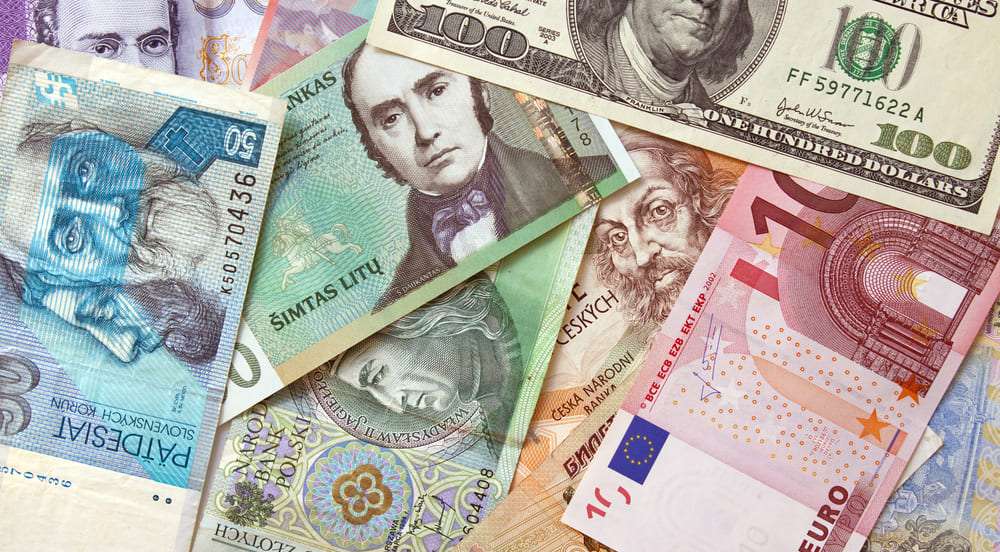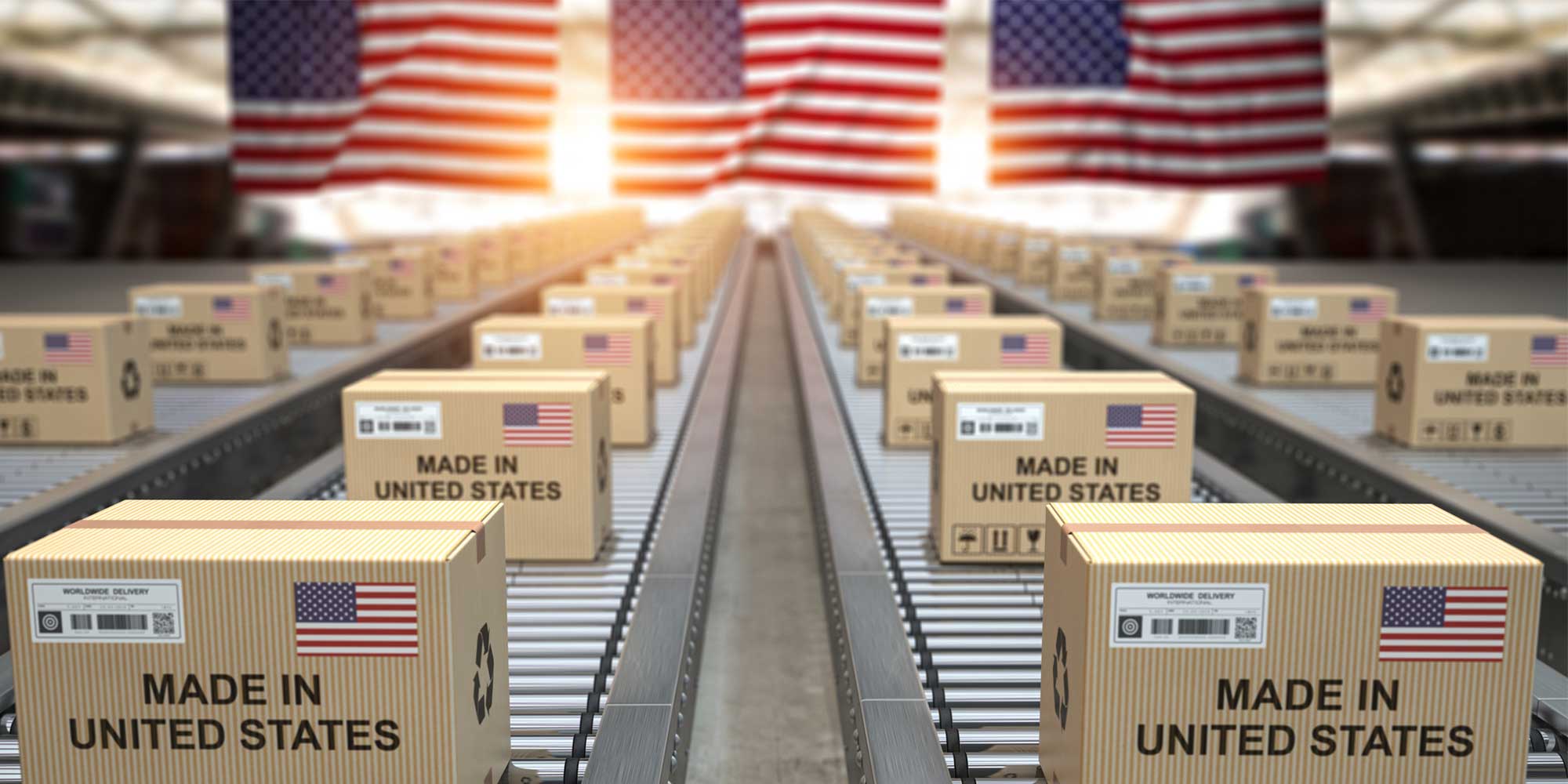In this post, we look at different ways to get paid when U.S. companies sell firearms, optics, firearm parts and accessories to purchasers outside the United States:
- Credit terms
- Consignment sales
- Cash up front
- Cash before shipment
- Partial advance payment secured by bank guaranty
- Cash in advance with a holdback
- Documentary letter of credit
- Foreign Military Sale (FMS)
- What does “cash” mean today?
Credit Terms (e.g., 2% 10, Net 30)
Don’t extend credit to customers outside the United States if you can avoid it. It’s not how international business is typically done, so you will rarely be at a competitive disadvantage if you refuse to take credit risk. If you consider how hard it is to collect debts in the United States, it is much more difficult to collect overseas when a buyer can’t or won’t pay you.
There are three main exceptions to this rule.
- Exception One applies to big, well-known companies and long-standing relationships. It isn’t crazy to extend credit terms to Triple A or long-term customers you trust. But even long-term customers can slide into financial trouble or change management or ownership, so it is best to train customers from the outset not to expect credit terms and to keep the relationship on that basis.
- Exception Two is when there’s no alternative and you really need or want the sale in question. Sometimes, customers insist you do it their way or there’s no deal. In many of those cases, walking away is the right thing to do. When you can’t, analyze each situation carefully, minimize risks to the extent you can, and cross your fingers.
- Exception Three applies when the amount at risk is small and you can tolerate not getting paid.
Consignment
Giving goods to foreign dealers on consignment – you retain title until the goods are sold to end users and the dealer doesn’t owe you anything until then – is even riskier than selling on open credit and generally is a horrible idea.
There is one exception, Mexico. In Mexico, firearms are sold only by Dirección de Comercialización de Armamento y Municiones (DCAM) in Mexico City. A number of prominent U.S. brands have placed goods at DCAM on consignment and have received payment without problems.
So, in Mexico, placing goods with DCAM on consignment may be what you need to do to be competitive. If you do, start with a small quantity. Also, it is important to reconcile your accounts monthly to be sure that all guns and payments are accounted for as they are sold.
Cash Up Front
Full payment at the time an order is placed is the norm for online transactions and small commercial transactions.
In larger commercial transactions ($5,000 to $100,000) that require the exporter to go out-of-pocket to manufacture or assemble an order, full payment at the time of order is sometimes seen.
Cash Before Shipment
In transactions between $5,000 and $100,000, it is common to see partial payment at the time an order is placed with the balance paid before the order is shipped.
In its simplest form, an exporter will receive 50% of the price when the order is booked and the balance after an export license is received but prior to shipment. There’s nothing magic about a 50-50 split, however, so anything between nothing up front and full payment in advance is within the zone of “normal.”
Recognize that while this type of payment arrangement seems secure for the seller, there are some risks. Once in a while an export license can’t be obtained, which prevents shipment of the order, and, most likely, receipt of the final payment.
Other times, buyers change their minds before shipment or don’t have the funds with which to make the final payment. You should deal with these risks in your terms and conditions of sale (we’ll address commercial terms in a future post).
Partial Advance Payment Secured by Bank Guaranty
In a more complex form of “Cash before Payment,” the buyer agrees to make a partial advance payment at the time an order is placed, but only if the seller provides a “bank guaranty” as security for the advance payment. The bank guaranty enables the foreign purchaser to get its money back if the seller never completes and ships the order.
The requirement to provide a bank guaranty as a condition of receiving an advance payment is frequently seen in contracts with foreign governmental purchasers. The advance payment generally is substantially less than 50% of the purchase price.
The question to ask yourself in such a situation is whether you really want the advance payment. Here’s why:
- U.S. banks don’t issue bank guaranties. They issue standby letters of credit. Therefore, what really happens is the seller obtains a standby letter in favor of a bank in the buyer’s country, which issues the bank guaranty to the customer. If you don’t do this a lot, it’s complicated.
- It’s also expensive. Your bank will want collateral for the letter of credit it issues to secure the bank guaranty. The amount of collateral required may equal the amount of the customer’s advance and may take the form of cash or credit availability that you could have used in lieu of the customer’s advance payment. Your bank will charge you fees for issuing the letter of credit and may also charge interest on the amount of the letter of credit.
Ask yourself whether there will be a net benefit to accepting the customer’s advance payment if it comes with these strings. The answer could well be no.
Cash in Advance with a Holdback
Sophisticated buyers with bargaining leverage often seek to hold some funds until the goods have arrived and been inspected and/or tested. Some foreign governmental tenders provide for holdbacks as large as 30%, but 10-20% is more common.
Some things to keep in mind if you agree to a holdback:
- Try to have the buyer agree in the purchase order to complete post-delivery inspection/testing within an agreed time (20-45 days after receipt at final destination).
- Also, the purchase order should require the buyer to identify any deficiencies during the inspection period, not later. Require photographs of any damage or defects claimed.
- If the purchase order requires that the buyer sign an “acceptance certificate” before you can receive the holdback, attach a form of the certificate to the purchase order.
- For large orders, consider being present during testing, either through your own personnel or your local representative.
Documentary Letter of Credit
Many buyers outside the U.S. provide a documentary letter of credit as a substitute for cash payment for large orders, i.e., over $100,000. For U.S. sellers, documentary letters of credit are a great means of payment, as long as the sellers know what they’re doing. Letters of credit allow a buyer to withhold payment until the order has shipped while providing the seller with assurance of payment that is as good as cash.
A documentary letter of credit is a commitment a bank makes on behalf of your customer to pay you when you present it with documents described in the letter of credit. Usually, the documents include shipping documents confirming that you have shipped the goods the customer ordered. Sometimes, you may also have to provide certificates of inspection and acceptance by the customer.
If you know what you’re doing, a letter of credit is as good as cash. Letters of credit are quite tricky, however, so you need to be very careful. Things to keep in mind if you’re new to letters of credit:
- Do some homework first. There are free resources on the internet that explain how documentary letters of credit work (e.g., look here and here).
- Pay attention to fees associated with the letter of credit and who (seller or buyer) is responsible. They add up.
- Be certain you will be able to give the bank the exact documents called for by the letter of credit or you will have trouble collecting. If signed certificates are required by you, the customer or a third party, attach agreed-upon forms of the certificates to the sales contract or purchase order and use those forms.
- Consider using a third party to present the required documents to the issuing bank. A good one can also give you valuable tips as you negotiate the wording of the letter of credit. Park International is terrific and very reasonably priced.
Foreign Military Sale (FMS)
Occasionally, a foreign military purchaser is able to arrange for the U.S. Government to purchase products from a U.S. supplier on its behalf. This type of transaction occurs under the U.S. Government Foreign Military Sales (FMS) program. In FMS sales, your contract is with the U.S. Government so you get paid by Uncle Sam even though you ship to the foreign end user. FMS sales tend to proceed slowly but you do get paid.
What does “cash” mean?
“Cash” means:
- Wire payment
- Credit card payment
- Bank draft or money order
We don’t recommend using PayPal or any other payment intermediary. In international transactions in our industry, you need to know who is paying you and you want a physical billing address.
“Cash” does not mean a backpack full of actual cash. If a foreign purchaser does offer to pay you in hard cash for a commercial order, you should consider that a mile-high red flag that something is wrong. Even in the case of small consumer sales, it is not a good idea to accept cash. If you are conducting legitimate international business, paper trails are a good thing and hard cash doesn’t leave a paper trail.
Next Tip, No. 4: Deliver the Goods.





